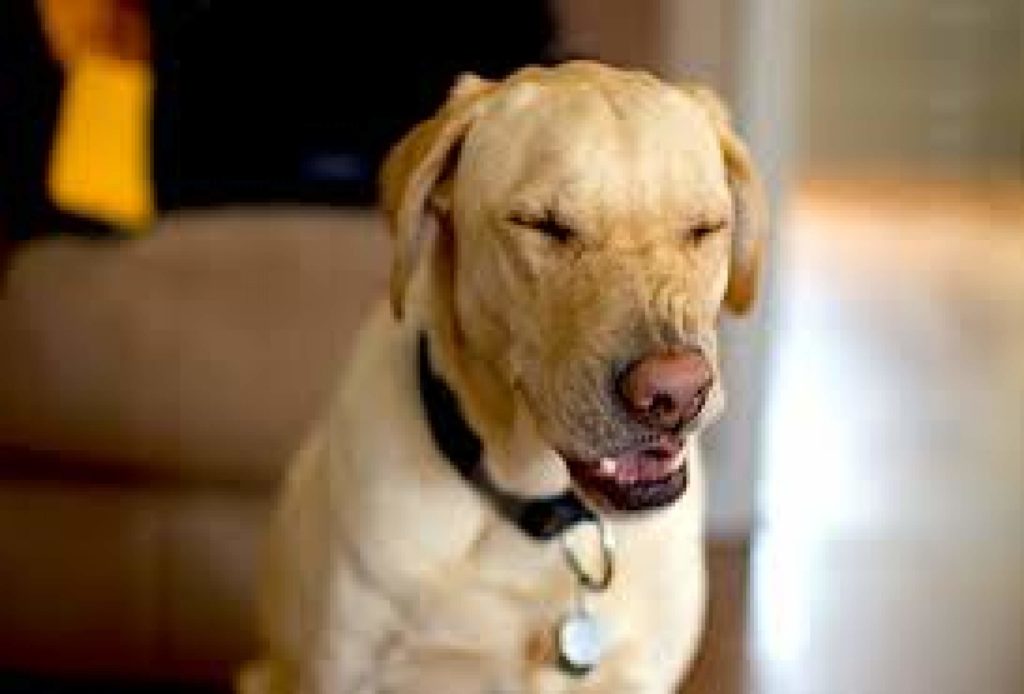Monthly Doctor’s Blog: Reverse Sneezing

Every month, the doctors of AtlasVet are writing a blog post to help pet owners with common questions.
This month, Dr. Brodie Morris discusses common questions around reverse sneezing!
What is a reverse sneeze?
There are many ways that a dog’s normal breathing pattern can change, some more concerning than others, but one that is very alarming to anyone seeing if for the first time is called the reverse sneeze. It is a repetitive honking/snorting sound where the dog will suck in air heavily through the nostrils, sometimes standing with their front legs spread apart. This is a video example. A more official name for this is paroxysmal respiration, and it can last anywhere from a few seconds to a few minutes. It is a way for dogs to try to clear out some kinds of irritation and/or inhaled substances from the nasal passages.
Should I be concerned?
Reverse sneezing, while alarming, is generally harmless. It is most often caused by irritation of the mouth, sinuses, or throat, and can be caused by allergies, inhaled irritants, upper respiratory tract infections, leash pulling, or rarely by inhaled foreign objects like seeds or grass. It is generally self-limiting, and while occasionally treatment with an antihistamine or anti-inflammatory medication is needed for escalating or severe cases (and very rarely more extensive diagnostics like nasal scoping), most dogs will not suffer any negative effects from reverse sneezing or need any primary treatment.
What should I do?
In the moment, you can try to briefly cover the nostrils to stimulate swallowing or gently massage the throat. It is generally a good idea to have new reverse sneezing (especially when it starts occurring frequently) checked out with a veterinary appointment just to rule out the less likely but more significant concerns, and signs that there might be something else going on that should be investigated include lack of normal interest in exercise, coughing / wheezing, loss of energy or appetite, nasal bleeding / discharge (especially from a single nostril), or any difficulty breathing at all.

